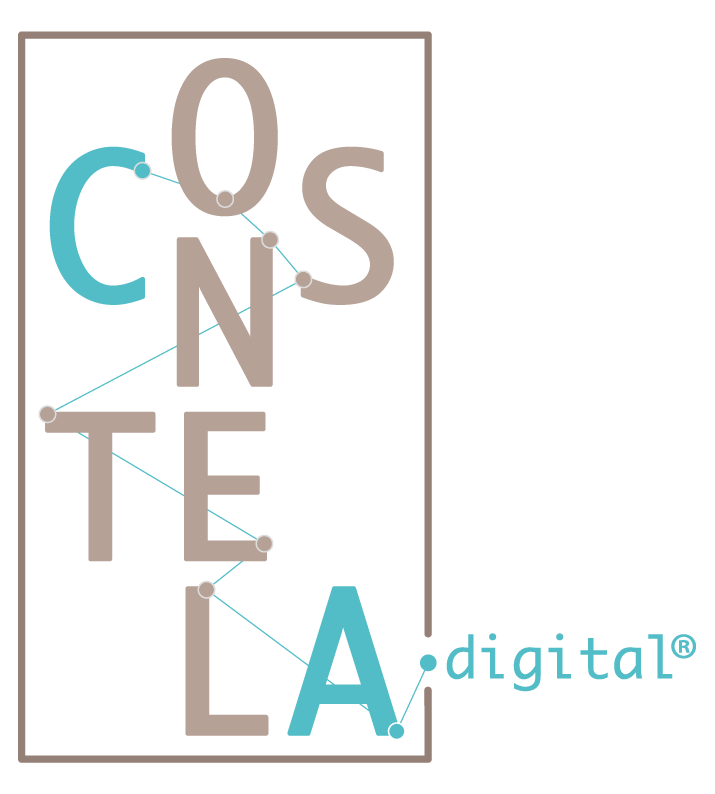Recent changing in the global scenario has been provoked public pressure for corporate accountability and transparency. In this sense, new criteria have emerged in an attempt to meet this demand, such as the ESG, an index that considers the impact generated in the environment (E), social (S), and governance (G) dimensions. This trend is clearly observed through this interesting plot based on the worldwide interest in ESG searches on google.

However, aiming to take advantage of this trend, many companies have adopted dubious and non-transparent communication and marketing strategies to appear more sustainable than they are. Such behavior generates misinformation and makes it difficult to identify genuine initiatives focused on sustainability. These actions are internationally known as greenwashing. According to literature, its definition refers to the organizational behavior of misrepresenting actual sustainability practices or activities to promote a false image of responsibility (Saxton et al., 2019; Yu et al., 2020).
Considering these aspects, the present study seeks to evaluate the occurrence of mentions of the term greenwashing in publications related to the ESG theme. This analysis addresses the content communicated through scholarly media from more than 55,000 sources, published between 2006 to 2021 (Perazzoli et al., 2022).
A first-order trend line represented by a linear growth model indicates a constant upward trend in the mention of such terms within a positive correlation. Diverse factors can explain this behavior. At the same time, due to technological advances, people now have more access to diversified information sources and also conquisted space to express their concern about this theme (i.e., through social networks); on another side, several companies have adopted strategies to appear more sustainable than they really are; thus, making difficulting the identification of genuine green initiatives (de Freitas Netto et al., 2020; Nyilasy et al., 2014).

Assuming the SASB standards (Truvalue and SASB, 2019), it can be observed that greenwashing practices are related, mainly to actions involving the corporate governance dimension (G), and directly impacting the social (S) and environmental (E) dimensions.
Therefore, spreading disinformation or controversial information should be a matter of priority concern and urgent attention. Mainly because there are several reports in which organizations deliberately use the information to influence public perception (Baldi and Pandimiglio, 2022; MacKay and Munro, 2012; Mateo-Márquez et al., 2022). Accordingly, it is critical for the development of strategies that allow the adequate identification of actions of this nature and the minimization of their impacts (European Commission, 2022).
However, only legal measures without awareness (especially from the side of decision-makers) are insufficient to guarantee the right of access to accurate and cohesive information. Additionally, in an intrinsic sense, the factors of liquid modernity, hyper-reality, and hyper-modernity, which are at the core of a globalized world, assume a meaningful role in the maintenance and understanding of essential issues related to the common social well-being (Giulianotti, 2004; Lipovetsky and Godart, 2018; Roult et al., 2022). And therefore, they should be addressed when adopting awareness strategies in view of a cultural change perspective.
Keywords: Data analytics, ESG, Greenwashing, Misinformation, Sustainability.
Cite as:
Perazzoli, S., de Santana Neto, J.P. Espalhando desinformação com greenwashing – uma questão ESG. In: Proceeding of the 1º Congresso Catarinense de Comunicação e Mediações Contemporâneas, Joinville, Brazil, 18-20 August 2022.
Do you want to know more details and enjoy this novelty? Contact us.
